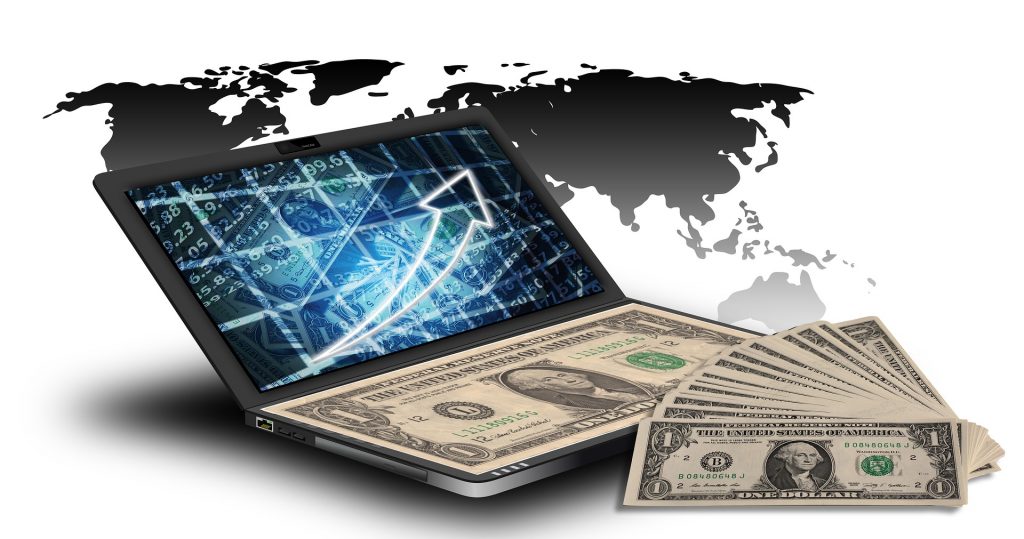The number of ways crypto and digital money can be implemented is almost limitless, so we shouldn’t be worried about the impact on the current US financial system or on individual privacy unless we understand what the digital dollar construct will look like. More importantly, before we code anything there should be a set of guidelines established for what we intend the digital dollar to do and what we don’t want it to do.
At the most basic level, a digital dollar could be private, semi-private, or centrally controlled. There are so many entrenched positions within the US government and the public regarding what that digital dollar should and shouldn’t enable, that a decision in a democracy will prove much more difficult to arrive at than it is in Communist China. That said, if every other country creates a centrally controlled digital currency that would likely increase the value of the current U.S. Dollar:
“The U.S. central bank announced last year that staff members at the Federal Reserve Bank of Boston were conducting research in conjunction with the MIT Digital Currency Initiative in Cambridge, Massachusetts, seeking to construct and test a hypothetical digital dollar.
Some lawmakers have expressed interest. Senate Banking Committee Chair Sherrod Brown, an Ohio Democrat, has advocated using digital technology to help reduce costs for accessing and transferring money, especially those outside the traditional banking system.
Bitcoin, for its part, is championed by its supporters as essentially a separate financial system, independent from the control of central banks and any potential state-sponsored digital currencies.
Even so, Fed Chair Jerome Powell has stressed it’s more important for the U.S., as keeper of the world’s most popular reserve currency, to be right rather than first on this front. Yellen echoed that, saying officials must first address a number of issues — including how a digital currency might affect traditional bank deposits, financial stability, consumer protection and illicit transactions.”
Overview by Tim Sloane, VP, Payments Innovation at Mercator Advisory Group
